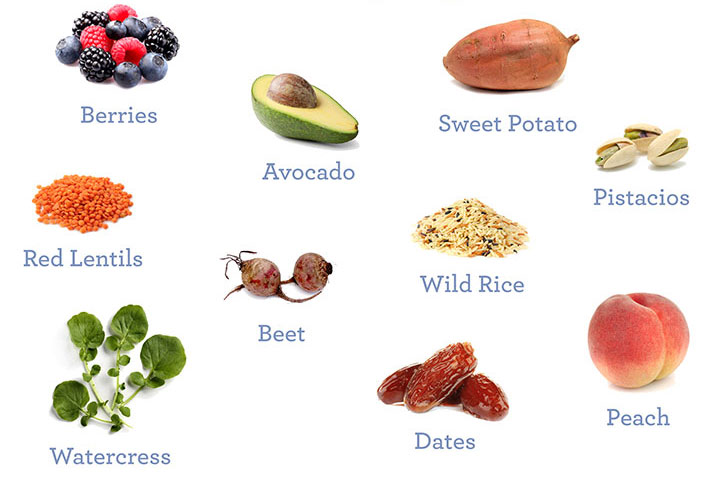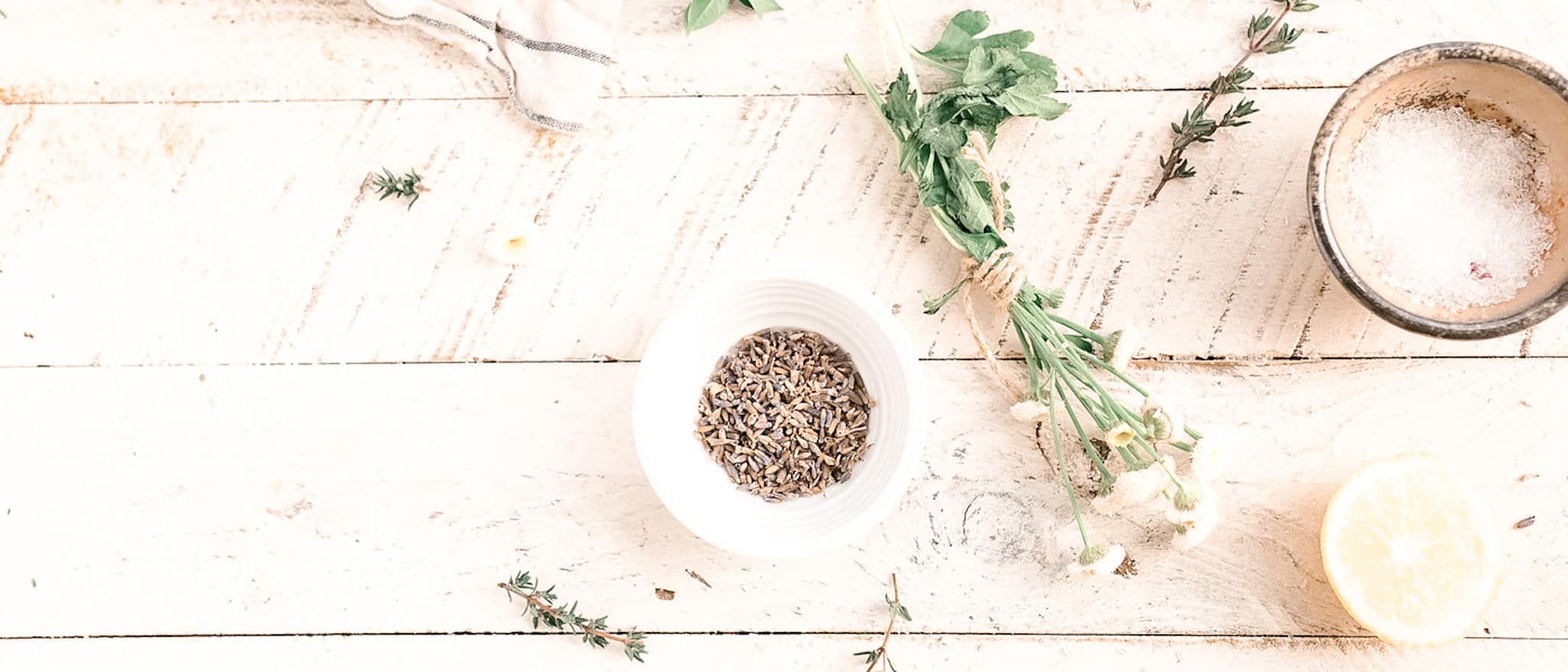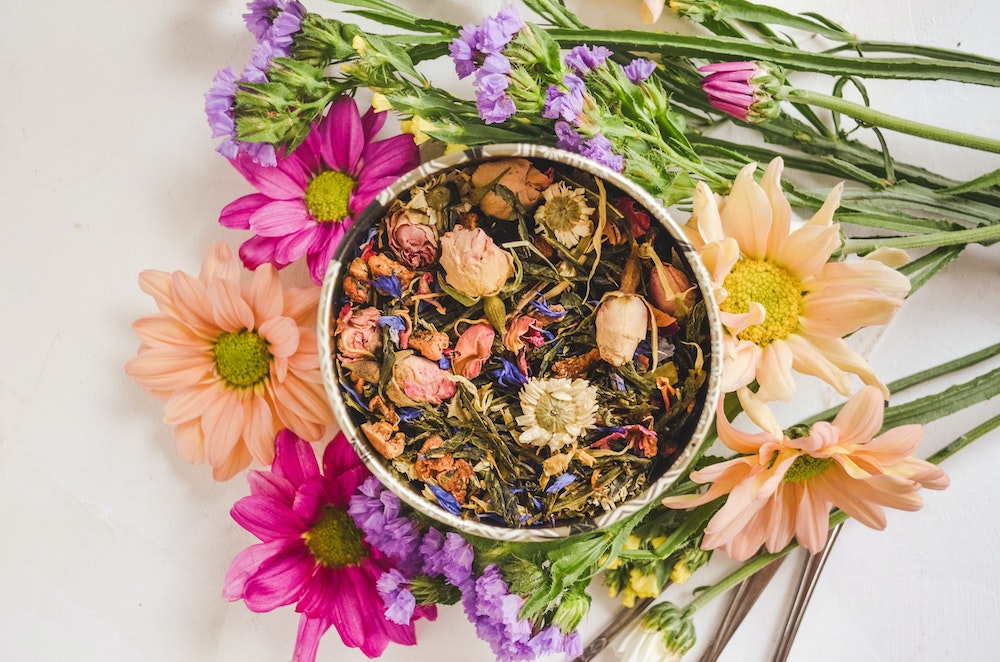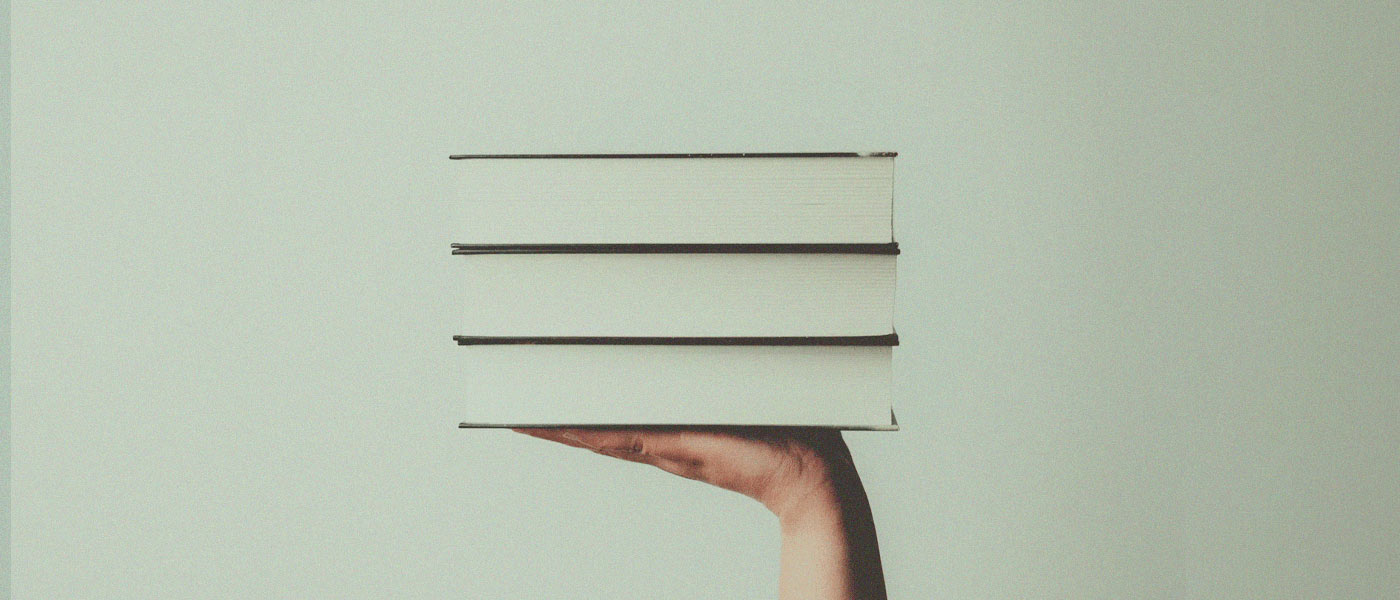vata imbalance – balancing vata

Vata Imbalance – Ayurveda, India‘s system of traditional medicine and ‘science of life’, deals elaborately with measures of healthful living. It stresses a balance of three elemental energies: VÄyu vÄta (air & space), pitta (fire & water) and kapha (water & earth). These three Doshas are important because when they exist in equal amounts, the body will be healthy and when they are out of balance, the body will be unhealthy in various ways. One ayurvedic theory states that each person possesses a unique combination of Doshas that define their temperament and characteristics. Discover your primary and secondary doshas and learn how you can enhance your overall health by bringing all three energies into alignment. So how to balance vata? This is the question we are answering here.
Vata & Imbalances
Elements Air & Ether.
Qualities Cool, dry, light & mobile.
Body Characteristics: Most often thin with narrow frame and long neck and bones. May tend to yo-yo their weight.
Personality: Fast speaking, fast moving, and fast thinking but easily fatigued. Energetic, alert, restless and very active. Grasps things quickly but then forget them quickly.
Physical Challenges: Prone to constipation and chronic immune challenges. Weakness in the nervous and circulatory systems.
Emotional Challenges: Nervousness, worry and fear. Becomes overwhelmed under stress and staying focused can be difficult.
Balanced by: Warm, moist, heavy & stable qualities.
Balancing Tastes: Vata Imbalance Tastes: Sweet, Sour, Salt Pungent, Bitter, Astringent
Organs and main sites: Colon, pelvic cavity, thighs, bones, kidneys, nervous system and ears.
Gifts: Creative, enthusiastic and inspiring, Excellent artists & healers.
Time of Day: 2-6 AM or PM
Season: Fall.
Life Cycle: 55 years old – transition.
How to Balance Vata
| Balancing Regular habits • Quiet • Calm • Ample rest • Warmth • Attention to fluids • Steady supply of nourishment • Sesame oil massage (abhyanga) | Imbalancing Frantic travel • Loud noises • Continual simulation • Extreme cold • Cold foods and drinks • Raw foods • Skipping meals • Caffeine, sugar, alcohol and drugs |
Balancing Vata is a prime requirement for everyone; when Vata is brought into line, it will bring Pitta and Kapha with it. If you show signs of Vata imbalance, these pointers will help you reshape your daily routine to make it more congenial to Vata dosha:
• The key to balancing Vata dosha is regularity. Vata is so sensitive and quick to change that it easily falls prey to over stimulation. Vata people thrive on variety, but when things change too much, their excitement turns to exhaustion. That is why so many Vatas feel frazzled and nervous. The source of their restlessness is that Vata dosha is no longer setting the proper rhythms in their bodies. Instead of eating sleeping, and exercising regularly, out-of-balance Vatas grab food when they can, skip meals, exercise by fits and starts, and go to bed at odd hours.
Such a life is bad for all doshas, but it is worse for Vata. Many Vata types cling to it. Sadly, they have conditioned themselves to feel that a haphazard life is the same as a stimulating one. The remedy is to begin to cultivate balanced habits, paying a little more attention to regularity every day.
• Get plenty of rest – this is all-important for any Vata problem. When you feel that you are pushing yourself or overdoing any activity (including mental activity), stop and rest for five minutes. Getting adequate sleep every night is also of utmost importance; you shouldn’t resign yourself to insomnia, even though you may have had it for years. Vatas do best when in bed by 10 pm and ideally awaken with the sun.
Also Read>>> Prana Tajas Ojas – Subtle partners of the Doshas
The best rest, aside from sleep, is deep relaxation provided by meditation. The dosha to benefit from meditation the most is Vata, which emerges thoroughly settled and refreshed after only a few minutes of transcending, as the act of meditation is called.
• Stay warm – being a cold dosha, Vata benefits from heat; Vata is also dry, so be sure that the air in you surroundings has enough humidity. Steam baths, humidifiers and moisture in general are helpful. Take a long, warm bath or shower in the morning before you meditate. Moist heat is good for Vata aches and pains. It is also advisable to avoid drafts and wind too, since Vata is extremely sensitive to moving air.
• Eat a Vata-pacifying diet. It is also important for you to eat regularly, since Vata dosha is aggravated by an empty stomach. Vata types waste away quickly when they feel sick or stop eating regularly. They need to be nourished throughout the day, even though their appetites will ordinarily be variable. Make sure you sit down to three meals a day, including a warm, nourishing breakfast of substantial foods, such as hot cereal. Vata responds most rapidly to warm, moist, slightly oily, heavy foods which are well spiced.

• Drink lots of warm fluids during the day to prevent dehydration. Vata herb is the best choice; you can drink up to four cups a day. Avoid all cold food and drinks.
• Massage your body with sesame oil in the morning before your shower. This Ayurvedic routine is called abhyanga.
• Avoid mental strain and over stimulating yourself. Loud music, violent movies and long hours of TV, particularly in the evening are all potent aggravators of Vata.
• Make your surroundings light and bright. Vata responds well to sunlight and cheerful colors. See people who make you cheerful, read humorous books, enjoy light humorous entertainment. Anything that brings out Vata’s natural enthusiasm and reduces worry will be very helpful.
• Do not drink any form of stimulates of any kind, including coffee, tea, caffeinated beverages, chocolate and nicotine while you are trying to balance Vata. All of these have to be handled with care by anyone sensitive to Vata imbalances. The ideal is to give them up altogether along with alcohol.
• Suggested exercise: Slow steady walking, yoga according to your dosha. If you choose to do other forms of exercise it is important to have an exercise routine. Vatas should avoid strenuous exercise and avoid doing excessive exercise. Biking and hiking are fine in moderation.
Resources :
Dr. Vasant Lad. Ayurvedic Studies Course Albuquerque, NM. 1990-1991




